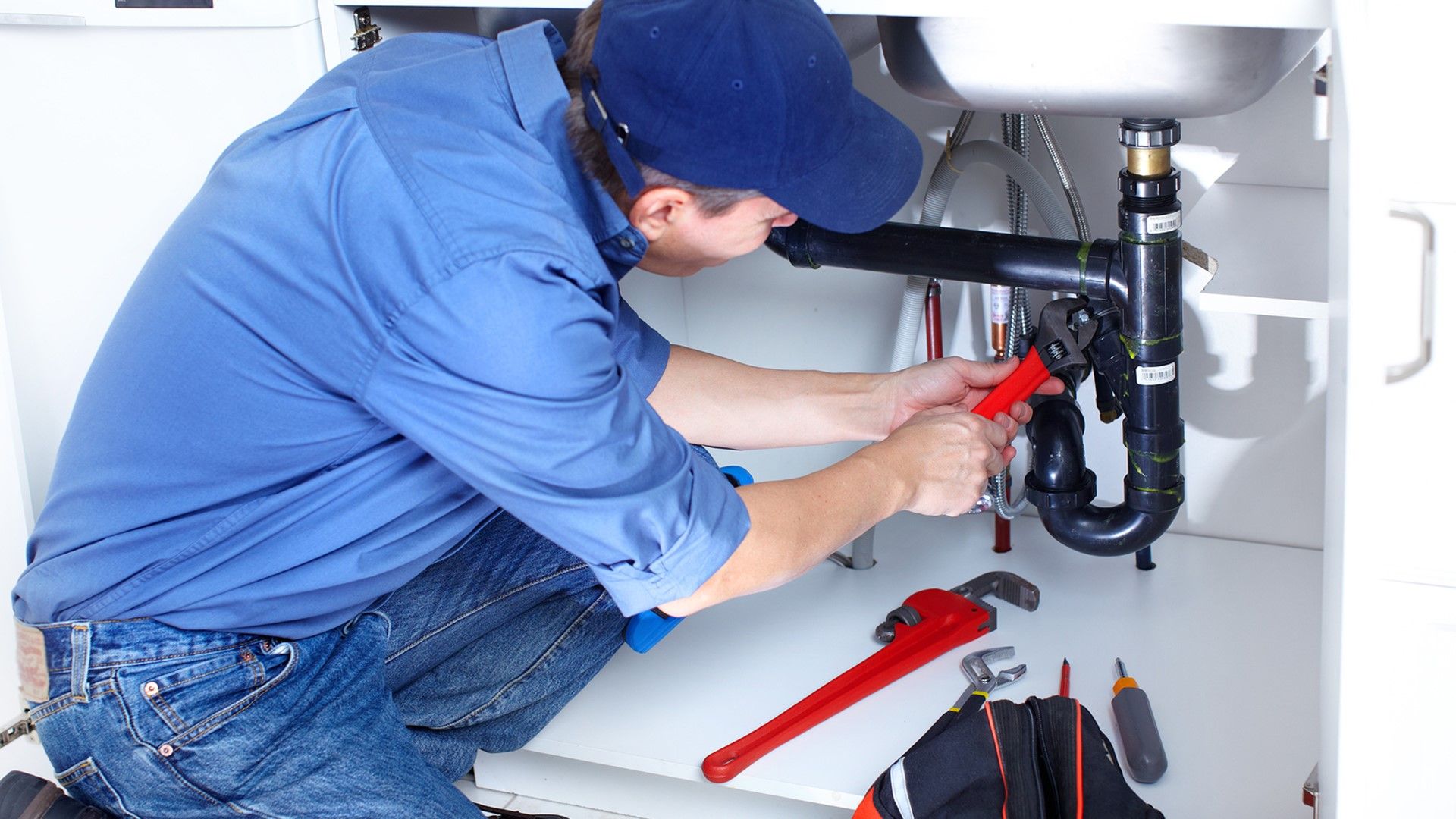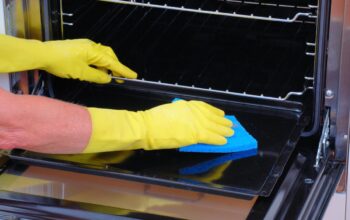If you’ve ever had a clogged pipe or a leaky faucet, you know that plumbing isn’t always easy. However, it doesn’t have to be complicated. In this article, we’ll go over what pipe descaling is and why it’s important for your home’s pipes. The Plumber footscray can provide you with the best inside scoop about it. We’ll also cover some common signs of when you might need to descale your pipes, as well as the steps involved in this process.
What is pipe descaling?
Descaling is a process used to remove mineral deposits from pipes. The scale that accumulates inside pipes is a combination of calcium and magnesium (the two most common minerals in hard water) along with other trace minerals like iron, manganese and copper.

There are several different ways to descale your pipes:
- [Using baking soda](https://www.webmd.com/beauty/hair-removal/baking-soda-for-skin#1)
- [Using vinegar](https://www.livestrong.com/article/284854-uses-for-vinegar/)
- [Using citric acid](http://www.wisegeekhealth.com/how-does-citric-acid-help_293466.htm)
How can you tell if you need pipe descaling?
- Check the water pressure. If your water pressure is low and you see brownish, rust-coloured stains in your sinks, tubs, toilets and other fixtures—especially when there’s no visible sign of iron or sediment buildup on fixture surfaces—it might be time for pipe descaling.
- Check the flow rate of cold water through sinks and faucets. Cold-water flow should be at least 1 gallon per minute (GPM) at 40 degrees Fahrenheit (F) with a minimum of 1/2″ h20 pressure drop across a 2″ diameter pipe at 0 feet vertical lift (see chart below). If it falls below that level, you may need to have your pipes cleaned by a professional plumber Footscray who can run a camera down them to see if they are clogged or just need some additional cleaning out.
The four steps to descaling pipes
There are four steps in pipe descaling:
- Clean. This is the most important step, as it will remove any debris that has built up inside the pipes. To do this, you’ll need to use either a chemical solution or a mechanical device (like a corkscrew).
- Flush. After cleaning your pipes, you need to make sure they’re completely free of any impurities by running water through them at high pressure for several minutes. This step may require the help of an electric pump or air compressor if there isn’t enough water pressure from natural forces alone.
- Flush again! It’s important to repeat this process two or three times during pipe descaling so that all traces of scale have been removed from your pipes before proceeding with further cleaning methods (if necessary).
- Rinse thoroughly with clean water after flushing is complete and then wait until all moisture has evaporated before returning appliances back into service (i.e., wait until all faucets have stopped dripping!).
The benefits of descaling to your pipes and your plumbing system.
The benefits of descaling to your pipes and your plumbing system are numerous. When you don’t descale, the water may not be able to flow freely through the pipes because of deposits that have built up in them. This can cause corrosion, which then leads to blockages, pipe bursts and water wastage.
Descaling helps prevent these problems by removing these deposits so that they don’t build up in the first place!
Not only will this help keep costs down by preventing damage to your plumbing system, but it’ll also save you money on wasted water because the water will drain properly without having any blockages or debris obstructing the flow.
Conclusion
In the end, pipe descaling can be an expensive and time-consuming process, even for plumber Footscray. However, it is an important one that will save you money on repairs down the line. If you’re looking for a way to avoid costly plumbing bills in the future and keep your home running smoothly, then consider getting your pipes descaled.




